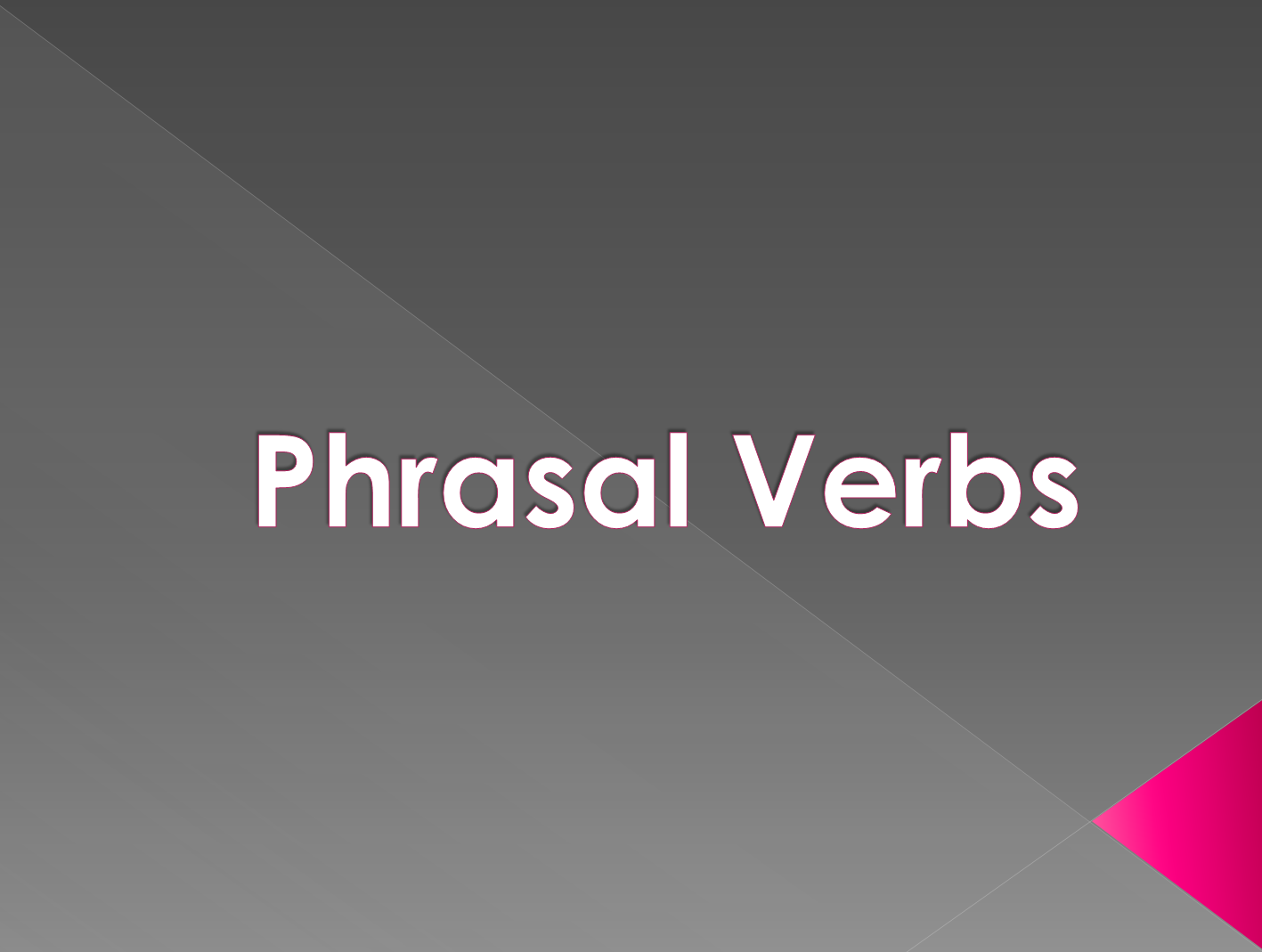
Talking about the future tends to be more complicated than the past or present, at least in regards knowing when to use it, but thankfully it’s also less important for IELTS.
This is because some future tenses have really limited uses and appear infrequently in our language. Look at the table below and consider how often in the IELTS exam you would ever need to say, “I won’t have been going.” It very rarely comes up.
However, proficiency in these tenses generally shows a higher level of English and can, therefore, be used in attaining higher band levels for the speaking and, perhaps, the writing task 2.
Although they can be difficult to know when to use, these tenses are actually quite easy to form. Looking through the examples below, you can see how little the structure changes. While in the present continuous we say “I am going” and “She is going,” in the future continuous it’s just “I will be going” and “She will be going.”
Likewise for the perfect tenses: “I have eaten” and “She has eaten” become “I will have eaten” and “She will have eaten.”
Let’s start with an overview of the tenses as we did with past and present:
| Tense | Positive | Negative | Question |
| Future simple: | I will go. | I won’t go. | Will I go? |
| Future continuous: | I will be going. | I won’t be going. | Will I be going? |
| Future perfect: | I will have gone. | I won’t have gone. | Will I have gone? |
| Future perfect continuous: | I will have been going. | I won’t have been going. | Will I have been going? |
1. Future Simple
The future simple is formed with “will” and the base form of the main verb. To make it negative, you can change it to “will not,” which is usually abbreviated to “won’t.” As the future tense is most likely to be used in the speaking exam, I’ll include “won’t” below. We also very commonly contract “will” to “‘ll.” For example, “I’ll” and “She’ll.”
| Positive | Negative | Question |
| I will cook. | I won’t cook. | Will I cook? |
| You will cook. | You won’t cook | Will you cook? |
| We will cook. | We won’t cook. | Will we cook? |
| They will cook. | They won’t cook. | Will they cook? |
| He will cook. | He won’t cook. | Will he cook? |
| She will cook. | She won’t cook. | Will she cook? |
| It will cook. | It won’t cook. | Will it cook? |
When to Use Future Simple
The future simple is used for most events or actions taking place in the future.
- The president will visit Paris next year for a peace conference.
- They will celebrate their fourth anniversary in December
2. Future Continuous
As with the past and present continuous forms, the future continuous also includes”to be” and verb +ing.
| Positive | Negative | Question |
| I will be waiting. | I won’t be waiting. | Will I be waiting? |
| You will be waiting | You won’t be waiting | Will you be waiting? |
| We will be waiting. | We won’t be waiting | Will we be waiting? |
| They will be waiting. | They won’t be waiting. | Will they be waiting? |
| He will be waiting. | He won’t be waiting. | Will he be waiting? |
| She will be waiting. | She won’t be waiting. | Will she be waiting? |
| It will be waiting. | It won’t be waiting. | Will it be waiting? |
When to Use Future Continuous
The future continuous describes an on-going action in the future.
- He will be running for president in next year’s election.
- We will be eating those vegetables tomorrow night.
3. Future Perfect
The future perfect uses “will have” and the past participle.
| Positive | Negative | Question |
| I will have finished. | I won’t have finished. | Will I have finished? |
| You will have finished. | You won’t have finished. | Will you have finished? |
| We will have finished. | We won’t have finished. | Will we have finished? |
| They will have finished. | They won’t have finished. | Will they have finished? |
| He will have finished. | He won’t have finished. | Will he have finished? |
| She will have finished. | She won’t have finished. | Will she have finished? |
| It will have finished. | It won’t have finished. | Will it have finished? |
When to Use Future Perfect
The future perfect refers to a point in time by which an action will be finished. As such, it is often used together with an expression that indicates the time.
- By the time you get home from work, I will have fallen asleep.
- She will have gone to work before then.
4. Future Perfect Continuous
Perhaps the least common of our 12 tenses is the future perfect. It uses “will have been” and the present participle.
| Positive | Negative | Question |
| I will have been learning. | I won’t have been learning. | Will I have been learning? |
| You will have been learning. | You won’t have been learning. | Will you have been learning? |
| We will have been learning. | We won’t have been learning. | Will we have been learning? |
| They will have been learning. | They won’t have been learning. | Will they have been learning? |
| He will have been learning. | He won’t have been learning. | Will he have been learning? |
| She will have been learning. | She won’t have been learning. | Will she have been learning? |
| It will have been learning. | It won’t have been learning. | Will it have been learning? |
When to Use Future Perfect Continuous
This tense is used to speak about a point in the future when an action will have been taking place but is not yet finished. It is quite commonly used with “for” to highlight the period of time that the action has been taking place. It may also be used with a marker for the time that is being referred to.
- I will have been studying for five years by the time I graduate.
- She will have been working for forty-eight hours by the time she finally stops.
Other Ways to Talk About the Future
We can sometimes use the present simple to talk about future events. As strange as that sounds to non-native speakers, it really is true! If an event occurs regularly, we may use the present simple to talk about it. This is the case for movie showings, TV schedules, and transportation timetables. If one of these things occurs at a set time in the future, you may be able to refer to it with the present simple:
- The movie starts at 9 pm.
- Our bus leaves at 7:30 am.
We can use another present tense to talk about personal arrangements that are set for the near future. The present continuous is really common in spoken English for this reason:
- I’m meeting my brother after school.
- We’re playing golf this weekend.
Finally, we can use going to + verb to express intentions for the future. It indicates that something has already been planned (or at least thought about) and that it will very likely take place in the future.
- She’s going to learn French next month.
- We’re going to visit my brother in Washington.
In most cases, it can be quite easy to figure out what someone means when they talk about the future, but actually speaking about the future can be more challenging. This is because the differences can be quite subtle. Take predictions for example.
You quite often deal with predictions in the IELTS exam, and so this is important. If you have some sort of evidence to back up your prediction, you should use going to, but if you have no evidence, you would use will instead. It can be confusing! Fortunately, even native speakers bend the rules when it comes to tenses (not just for the future) and so using “will” where “going to” should be used is not a major problem.
You may also like:- Idioms and Other Expressions Used For Talking About ‘Work’
- What Are Weasel Words?
- Money and Finance – Test Your Knowledge
- Phrasal Verbs, Idioms and Other Expressions Using ‘CUT’
- How to Say Time in English
- Idioms and Other Expressions Used For Talking About Money
- Shopping and Consumerism – Match the Correct Name
- Phrasal Verbs – Choose the Correct Verb
- Currency Markets – Choose The Best Words
- Personal Qualities – Use the Best Nouns and Adjectives








